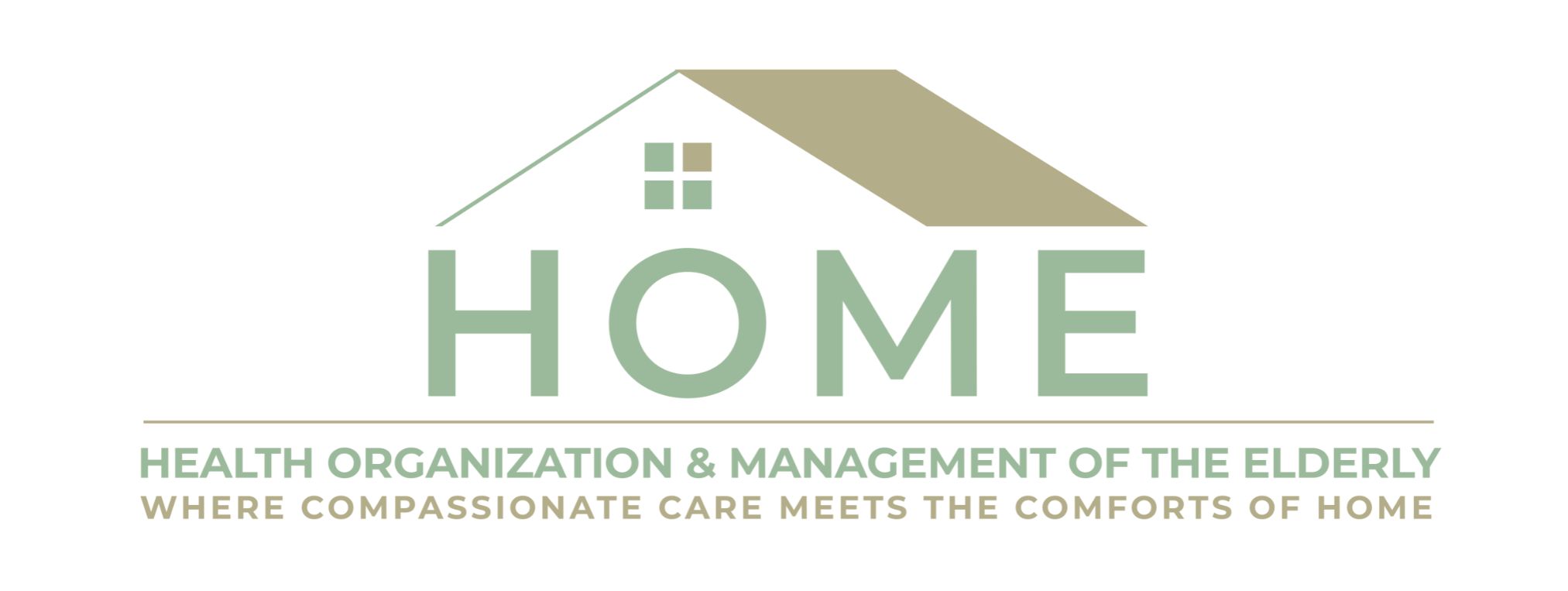The services provided by caregivers, specifically Personal Care Aides (PCAs) and Home Health Aides (HHAs), include:
- Assisting with personal care, which encompasses activities like bathing, dressing, grooming, and hygiene. Companionship and medication reminders are part of their responsibilities. However, hands-on care is not within the scope of a companion’s role.
- Changing linens and handling laundry, including sheets, towels, and clothing.
- Preparing meals, accommodating special diets, and taking care of the associated dishes and kitchen cleanup.
- Running errands such as grocery shopping, pharmacy pick-ups, and providing transportation or accompanying clients to various appointments, including medical, religious, and airport trips.
- Maintaining a clean living environment, which involves tasks like vacuuming, dusting, mopping, cleaning countertops, sweeping, patio upkeep, bathroom and kitchen care, and taking out the garbage.
- Offering support and reality orientation for confused patients through appropriate interpersonal behavioral techniques.
- Feeding pets and tending to plants.
- Handling special projects as directed by the client, which might include cleaning closets or organizing.
- Managing calendars and organizing mail.
- Engaging in activities like board games, creating memory books, and reading.
- Keeping records of daily observations and promptly reporting any changes in the patient’s mental or physical condition to the nurse.
- Assisting with the preparation and serving of regular diets, monitoring food intake, and supporting the patient with eating.
- Assisting with oral care, including standby help.
- Aiding with exercise programs and range of motion exercises as directed by medical professionals.
- Assisting patients with self-administered oral medications prescribed by their doctors.
- Utilizing specialized equipment, such as a Hoyer lift.
- Assisting patients with toileting, including helping them on and off bedpans, commodes, and toilets.
- Administering specialized skin care as per medical direction.
- Collecting stool, sputum, and urine specimens using appropriate techniques.
- Reinforcing dressings and changing simple non-sterile dressings.
- Assisting patients in using disability-oriented devices for daily living.
- Guiding patients in performing prescribed exercises taught by qualified healthcare professionals.
- Applying prescribed ice caps or ice collars as part of patient care.
